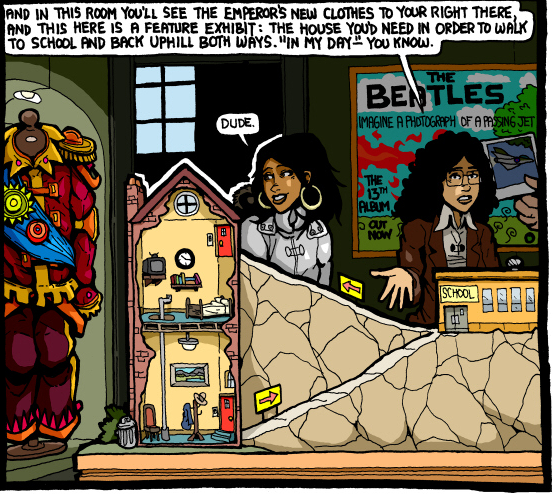Strictly incompetent: pompous garbage from Simon Heffer
"The problem with people who want to impose their linguistic tastes on others," says David Crystal, "is that they never do so consistently." I'm not so sure I agree that's the problem. Consistency wouldn't be quite enough to excuse grammar fascism. I'd say the problem with people who want to impose their linguistic tastes on others by writing books on how to write is that they are so bad at it: though often they are good enough at writing (I have never said that E. B. White or George Orwell couldn't write), they actually don't know how they do what they do, and they are clueless about the grammar of the language in which they do it, and they offer recommendations on how you should write that are unfollowed, unfollowable, or utterly insane.
Both Crystal and I have been suffering the same painful experience — reviewing the same ghastly, insufferable, obnoxious, appallingly incompetent book. It is by Simon Heffer, the associate editor of the UK newspaper The Daily Telegraph, who imagined that he could improve the world by offering 350 pages of his thoughts on grammatical usage, uninformed by any work since he was in college thirty years ago — in fact pretty much innocent of acquaintance with any work on English grammar published in more than half a century.
Read the rest of this entry »

